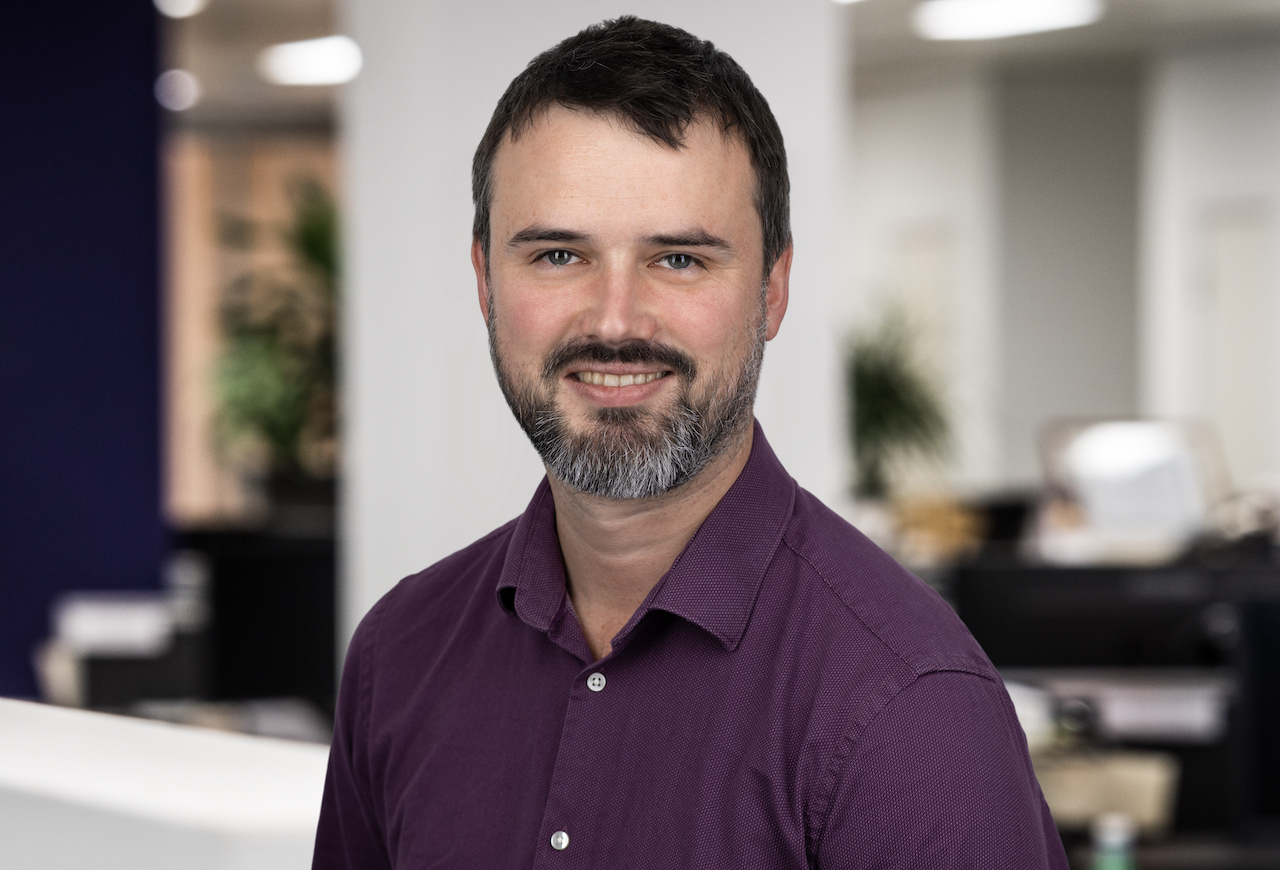In the first of two articles on the topic of capacity building, we look at how impact investors are going beyond just injecting capital to providing the support portfolio companies need for their long-term sustainability.

Just 44% of blended finance funds include any sort of technical assistance facility, and only 25% of impact investors have externally funded technical assistance services.
In this first piece on the topic of capacity building, we look at three impact investors in Africa who have embraced the capacity building challenge in their respective specialities: UK development finance institution British International Investment (BII), infrastructure blended finance expert Private Infrastructure Development Group (PIDG), and healthcare and science incubator Villgro.
The DFI perspective
DFIs were some of the earliest adopters of capacity building. The UK’s development finance institution British International Investment (BII) has capacity building initiatives which “seek to add value to its portfolio companies, helping them achieve bigger development impacts and long-term sustainability,” according to Guy Alexander, ESG director at BII.

Alexander is keen to “offer more than just capital” and BII “delivers portfolio companies support through technical assistance programmes that target specific and technical solutions to challenges faced”. In 2021, the company approved £9.2m of ‘BII Plus’ funding for 30 such projects.
Alexander believes ESG management is “foundational to delivering development impact”, and also cites climate and gender and diversity as other key areas. BII offers technical assistance and in-house advisory services to support portfolio companies meet gender targets, and assists with implementing action plans and monitoring systems to track progress.
Apart from offering tailored advisory services to individual businesses on improving performance from board and strategic levels, BII also develops resources such toolkits, guidance notes, training sessions and workshops. Over the past twelve months, the firm hosted workshops for over 730 participants from over 200 portfolio companies, providing bespoke training on topics including climate risk, human resources, business integrity, corporate governance, and safeguarding.
Alexander worries that “often the need for capacity-building support is greater than the resources available to meet the demand, especially in hard-to-reach geographies across Africa and Asia, where SMEs have lower budgets, but equally have greater capacity-building needs”. He adds: “The pandemic has fundamentally changed people’s ways of working, enabling BII to reach these businesses through digital channels and run virtual workshops and online capacity-building training sessions.”
BII’s Water Risk Filter is just such an online tool, co-developed with WWF. It helps companies gain awareness and knowledge about climate-related water risks, supports them on formulating business strategies and investment processes, and encourages experience sharing.
Going forward, because BII is committed to achieving net-zero emissions across its portfolio by 2050, Alexander believes there will be “a continued shift in its portfolio towards capacity building revolving around supporting portfolio companies to adapt and transform to reduce their carbon footprint”.
Infrastructure
BII also developed Ecom Express which offers a toolkit with checklists and case study examples, to help identify risks related to road safety in an organisation’s operations. In doing so, it had a key partner – the Private Infrastructure Development Group (PIDG), an established blended finance vehicle.
Saeed Ibrahim, director, sustainable development impact at PIDG says: “Creating investment ready, bankable infrastructure opportunities in these markets means that building local capability and capacity is an important part of PIDG’s work.”
In 2021, PIDG brought together the various knowledge-sharing, training, and capacity-building work across the group under one entity, the PIDG Institute.
Over the last couple of years, there have been a series of PIDG Institute capacity building events in countries such as Malawi, Cameroon and Kenya, and outside Africa, in Vietnam and Pakistan, on topics ranging from green capital market development to different types of infrastructure financing.
Ibrahim says: “Our capacity building events show there is a strong appetite in the market for this type of training, with consistent feedback showing that participants value the combination of practical guidance and opportunity to network and collaborate with other companies.”
Healthcare
Villgro, who claims to be “Africa’s leading health and science incubator”, offers emerging companies a “customised incubation experience” to help them navigate the African startup ecosystem and scale ideas.
Steve Njenga, head of investor relations at Villgrom, says what are the most important areas of capacity building depend on the incubation company and their specific needs.
Villgro therefore offers customised incubation support, including a designated portfolio manager that walks alongside the entrepreneur and their team; a curriculum that has been developed and continually improved over many years; connection with a mentor; expertise from the broader Villgro team; and webinars or masterclasses on topics relevant to incubation companies.
Because Villgro’s incubation companies are building innovative and cutting-edge solutions, they often have unique challenges. For example, Njenga says “there is sometimes not yet a regulation roadmap in place, especially in medical device development”. As a result, Villgro needs to continuously adapt support to include the latest regulations, technologies, and best practices.
Additionally, for these incubator companies, often the market needs to be educated in order to achieve buy-in when an idea is not yet familiar. “Our capacity building support means we are walking through these challenges alongside our incubation companies,” says Njenga “helping them to problem solve, adhere to the highest standards, and conduct effective market research.”
Looking ahead, Njenga notes: “We are excited to further expand our incubation support to more emerging businesses in partnership with like-minded organisations across the continent.”







